Nitrite Poisoning in Aquarium Fish
Updated on 05/26/24
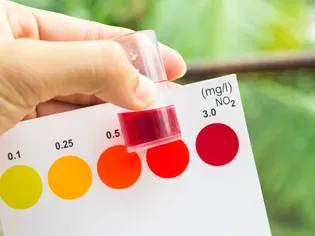
Nitrite Poisoning in Aquarium Fish: A Comprehensive Guide to Detection, Treatment, and Prevention
Nitrite poisoning is a common and potentially fatal condition in aquarium fish. It is caused by excessive levels of nitrite in the water, which can occur due to several factors, including:
* Overfeeding
* Inadequate filtration
* Overcrowding
* Poor water quality
Understanding Nitrite Poisoning
Nitrite is an intermediate product in the nitrogen cycle, which is the process by which bacteria convert toxic ammonia into less harmful nitrates. In a healthy aquarium, nitrite levels should be low, usually less than 0.25 ppm. However, when nitrite accumulates, it can cause a variety of health problems in fish, including:
* Respiratory distress: Nitrite interferes with the ability of fish to absorb oxygen from the water. This can lead to gasping, rapid gill movement, and lethargy.
* Tissue damage: Nitrite can damage the gills, liver, and other organs in fish. This can lead to organ failure and even death.
* Impaired immune function: Nitrite can weaken the immune system of fish, making them more susceptible to infections and diseases.
Symptoms of Nitrite Poisoning in Aquarium Fish
The symptoms of nitrite poisoning can vary depending on the severity of the condition. Some common signs include:
* Brown or red gills
* Rapid gill movement
* Gasping at the surface
* Lethargy
* Loss of appetite
* Weight loss
* Skin discoloration
* Fin rot
* Ulcers
Diagnosing Nitrite Poisoning
Nitrite poisoning is diagnosed based on the symptoms of the fish and a water test that measures nitrite levels. A water test kit can be purchased at most aquarium stores or pet supply stores.
Treating Nitrite Poisoning
If you suspect that your fish have nitrite poisoning, it is important to take immediate action to treat them. The following steps can help:
* Perform a large water change: Replace 50% or more of the water in the aquarium with fresh, dechlorinated water.
* Improve filtration: Add an additional filter to the aquarium or increase the flow rate of your current filter.
* Reduce feeding: Stop feeding your fish for 24-48 hours to reduce waste production.
* Add salt: Adding aquarium salt at a rate of 1 tablespoon per 5 gallons of water can help reduce nitrite toxicity.
* Use a nitrite remover: Nitrite removers are available at most aquarium stores and can help remove nitrite from the water.
Preventing Nitrite Poisoning
The best way to prevent nitrite poisoning is to maintain a healthy aquarium environment. The following tips can help:
* Maintain low fish density: Avoid overcrowding your aquarium. The more fish you have, the more waste they will produce, which can lead to increased nitrite levels.
* Feed your fish sparingly: Overfeeding can lead to increased waste production and higher nitrite levels.
* Clean your aquarium regularly: Regular cleaning will help remove waste products and debris that can contribute to nitrite levels.
* Test your water regularly: Use a water test kit to monitor nitrite levels in your aquarium. This will help you identify any problems early on.
Case Examples
Example 1:
A hobbyist named John noticed that his fish were gasping at the surface and had brown gills. He tested his water and found that the nitrite level was 0.5 ppm. John immediately performed a large water change and added aquarium salt to the tank. Within 24 hours, his fish were showing signs of improvement.
Example 2:
A pet store owner named Mary had a customer who brought in a sick fish. The fish was lethargic, had lost its appetite, and had fin rot. Mary tested the customer's water and found that the nitrite level was 5.0 ppm. Mary recommended that the customer perform a large water change, add a nitrite remover, and add salt to the tank. The customer followed the instructions, and the fish made a full recovery.
Conclusion
Nitrite poisoning is a serious condition in aquarium fish, but it can be treated and prevented. By understanding the causes, symptoms, and treatment options for nitrite poisoning, you can help keep your fish healthy and happy.
Explore More Pets
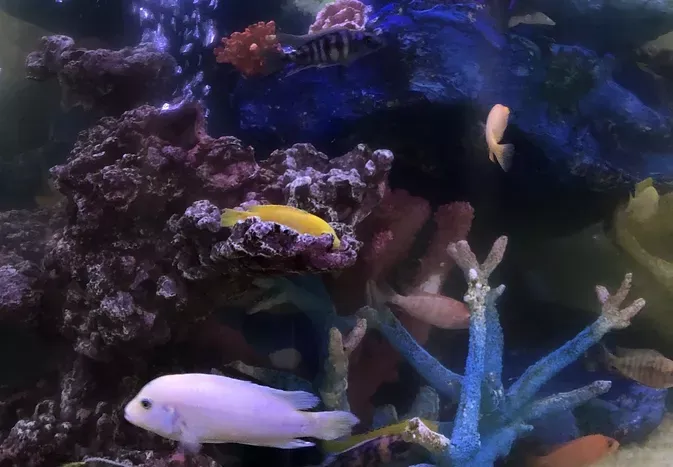
Freshwater Aquarium Filters
How to Deal With Cloudy Aquarium Water
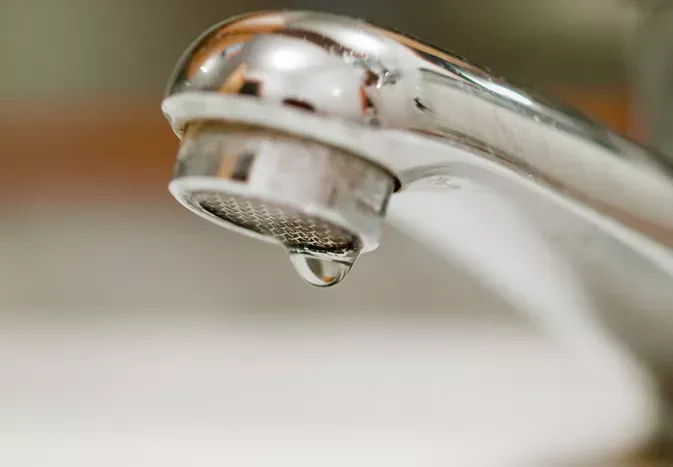
Saltwater Aquarium Filters
How Do You Remove Chloramines From Tap Water?
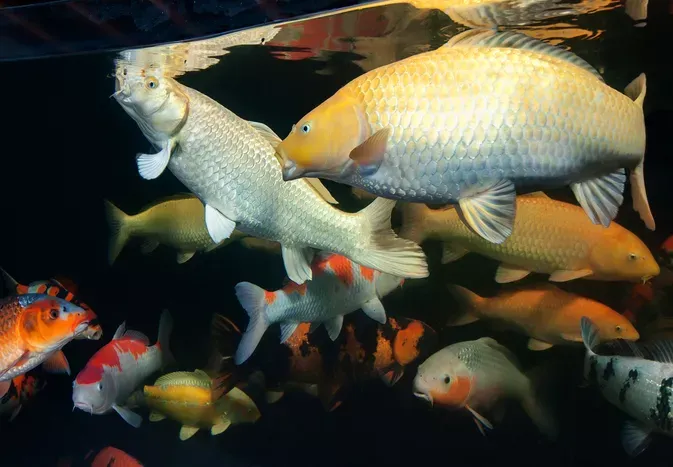
Freshwater Aquariums & Habitat
Can I Keep My Koi Fish Inside?
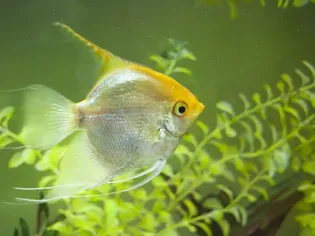
Saltwater Aquariums & Habitat
14 Best Floating Plants for Your Aquarium
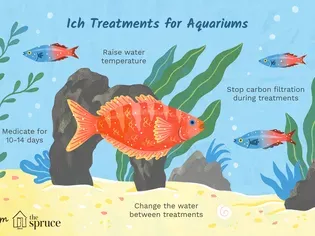
Freshwater Fish Health
How to Treat Ich on Freshwater Fish
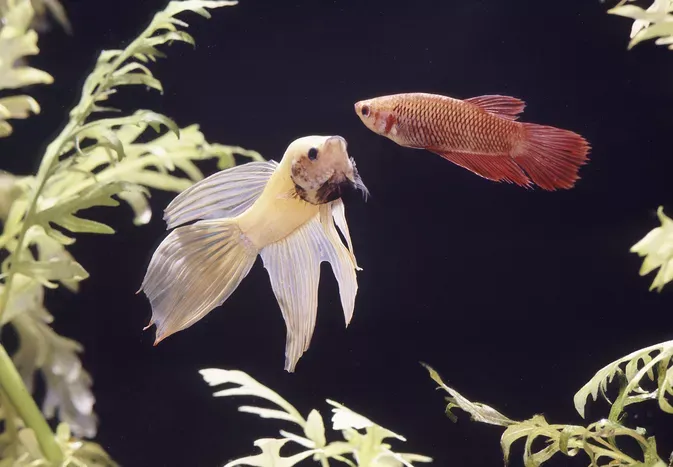
Saltwater Fish Health
Fin Rot in Aquarium Fish
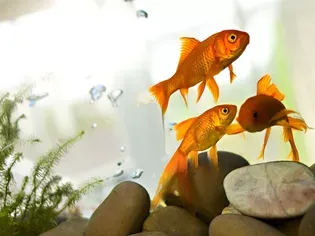
Freshwater Aquarium Filters
How to Do Aquarium Water Changes
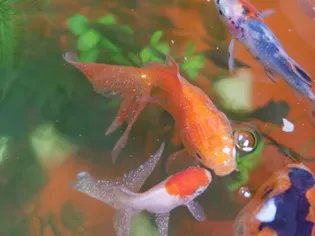
Saltwater Fish Health
How Do Fish Get Parasites?
